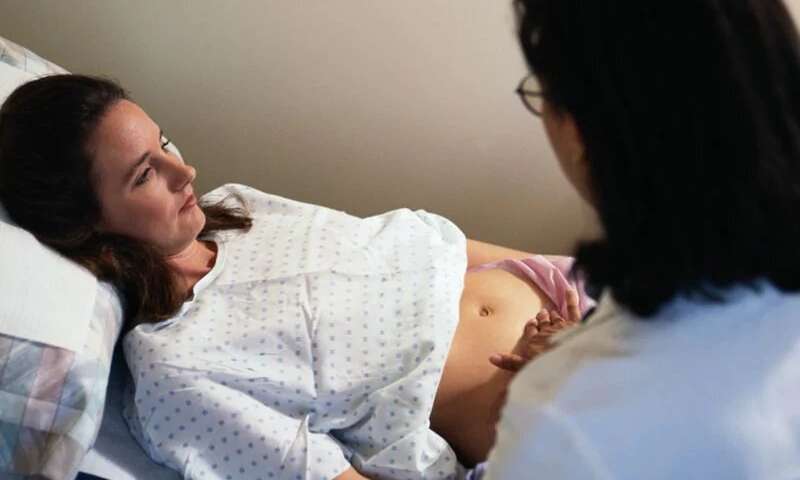
(HealthDay)—All pregnant women should be screened early for hepatitis B, to prevent the viral infection from being passed to newborns.
So says the latest guideline from the U.S. Preventive Services Task Force.
“Clinicians can help mothers and their babies by screening all pregnant people at their first prenatal visit for hepatitis B,” said task force member Dr. John Wong.
“Screening helps pregnant people get appropriate care throughout their pregnancy and helps reduce the chances of transmitting the virus to the baby,” said Wong, chief of the Division of Clinical Decision Making at Tufts Medical Center in Boston.
Hepatitis B is a viral infection of the liver that can cause liver disease and liver cancer. Babies infected with hepatitis B from their mothers have a 90% chance of having a lifelong hepatitis B infection.
Infants are routinely vaccinated for hepatitis B virus shortly after birth, but rates of maternal hepatitis B virus infection have increased by more than 5% each year since 1998, making it important to screen all pregnant women, according to the task force.
“Screening for hepatitis B in pregnant people can protect babies from lifelong chronic conditions, such as liver cancer or liver disease,” task force member Dr. Melissa Simon said in a task force news release.
“This is essential because the primary source of hepatitis B in children is transmission at birth,” explained Simon, vice chair of clinical research in the Department of Obstetrics and Gynecology at Northwestern University’s Feinberg School of Medicine in Chicago.
Early detection means that doctors can take steps to reduce the risk of hepatitis B transmission from mother to child.
The task force recommendation was published online July 23 in the Journal of the American Medical Association.
The task force is an independent, volunteer panel of national experts in prevention and evidence-based medicine.

Leave a Comment